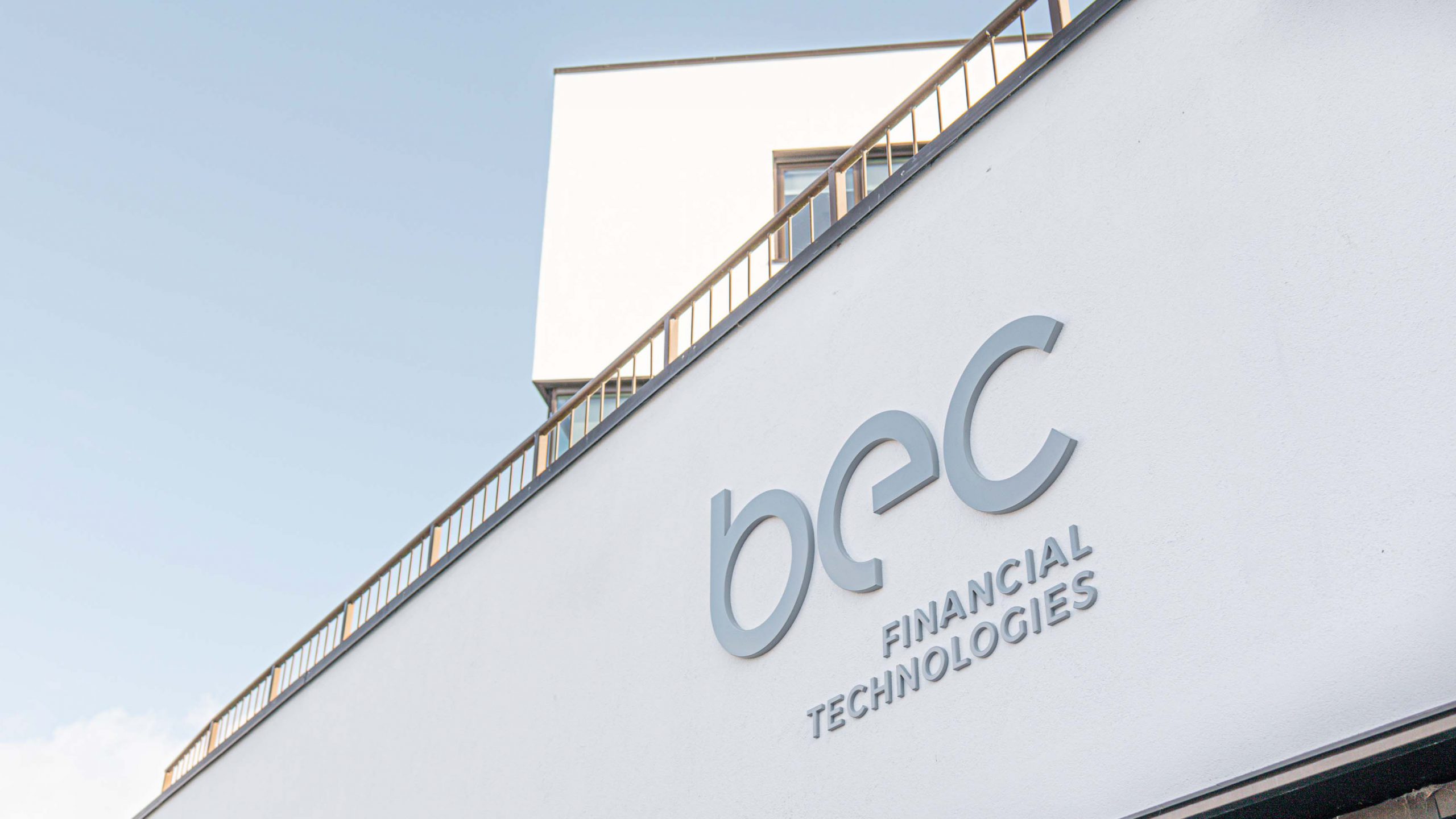

BEC to increase remote working, introducing flexible opt-in opportunities
Union representatives and management aim to reinvent BEC’s work culture with a new local agreement to increase flexible remote working. Effective from September 1, the agreement emphasizes that remote working is voluntary and requires a healthy remote working environment.
In the wake of corona, BEC Financial Technologies is now launching a new concept for remote working from September 1 that fundamentally changes where and how BEC employees can work with each other and BEC customers.
“Our employees should be helpful and flexible towards our customers. So, of course, this also applies to BEC as an employer: How do we help you to a flexible framework to solve your tasks in a way that suits you and your team?” says Head of People & Communications Mette Willemoe Wang.
A foundation for BEC’s local agreement is that remote working is not a requirement, but a voluntary offer of a more flexible life at work.
“If you do not thrive working from home, you are welcome to continue to go to work every day. Similarly, of course, you must always come to the office if your manager says that you’re needed,” says union representative Anette Kammann.
Employees are given flexibility – and must provide flexibility
The new local agreement on increased remote working is the first for a data center under the collective agreement for the Danish financial sector.
The agreement is designed for a daily life, where BEC expects that approximately 70 percent of employees will be in the office to work with colleagues, while 30 percent will work remotely with tasks that require more focus, for example.
“But there will be a great deal of variation, depending on each individual colleague’s tasks and needs, which also often change over time. If the 30 percent works well, I can also easily imagine even more remote working in the future. It is about creating a new life at work, where we get extra flexibility – but also have to be more flexible ourselves,” says Anette Kammann.
For the individual employee, this means that they will be able to work at home on average 1-2 days a week, BEC expects. Some may want to arrange certain days of the week for remote working, while others may have periods with a need for more remote work or a need for more collaboration in the office, says Head of People & Communications Mette Willemoe Wang:
“Our employees and managers are given the freedom to agree on what makes sense for each individual employee. Our only requirement is that you have a healthy, well-equipped workplace at home, that no one is forced to work from home, and that you come to the office if needed,” says Mette Willemoe Wang.
The local agreement covers BEC’s employees in Denmark. BEC’s employees in Poland will enjoy the same benefits as far as possible, while BEC is awaiting new Polish regulation of remote working.
Healthy home workplace is a requirement
An important point in the local agreement has been how BEC ensures a good working environment, even when the employees work from home.
“Now we have been in a state of emergency for a year and a half under the corona, which, for example, has been a difficult time for those employees who have not had the space for an actual home workplace. We cannot accept this in the future – if you have to work at home to a significant extent, then we will require that you have the right equipment. Otherwise you have to come to the office where we can guarantee a healthy physical workplace,” says Mette Willemoe Wang.
Specifically, all those employees in BEC who wish to work from home to a significant extent must in future perform workplace assessments of their home workplaces. And if there is a lack of equipment to ensure a healthy and safe workplace, BEC will make that equipment available.
“We have not set a fixed budget for that. Many already have most of the equipment, while others may need an entire workstation. We’ll work it out, making sure that we spend our money where it’s needed,” says Mette Willemoe Wang.
In the office to collaborate
At the same time, BEC expects a future where employees use BEC’s premises in new ways.
“When you choose to commute to the office, it will more often be to collaborate with colleagues. That is why we are going to invest in our physical locations. We will provide more varied opportunities to meet and collaborate formally and informally in small and large groups. Furthermore, we will provide offices with strong digital support for collaboration with customers and colleagues at home, and colleagues at other BEC locations in Denmark and Poland,” says Head of People & Communications Mette Willemoe Wang.
At the same time, BEC does away with the idea that everyone has their own workstation at the office. Instead, each team will belong to a ‘hood’, where they can sit together as a team when you need it. The number of square meters does not change, but the space can be utilized better than a lot of empty tables, says BEC.
“It is a difficult subject – having our own work station is a strong habit for many of us. But after barely seeing the office for a year and a half, we must also recognize that a good physical work environment can be many things. For us as employees, it is crucial that you are always welcome in the office, that we invest in a more inspiring surroundings for your life at work, and that the team has a fixed area in the office where you belong,” says union representative Anette Kammann.
